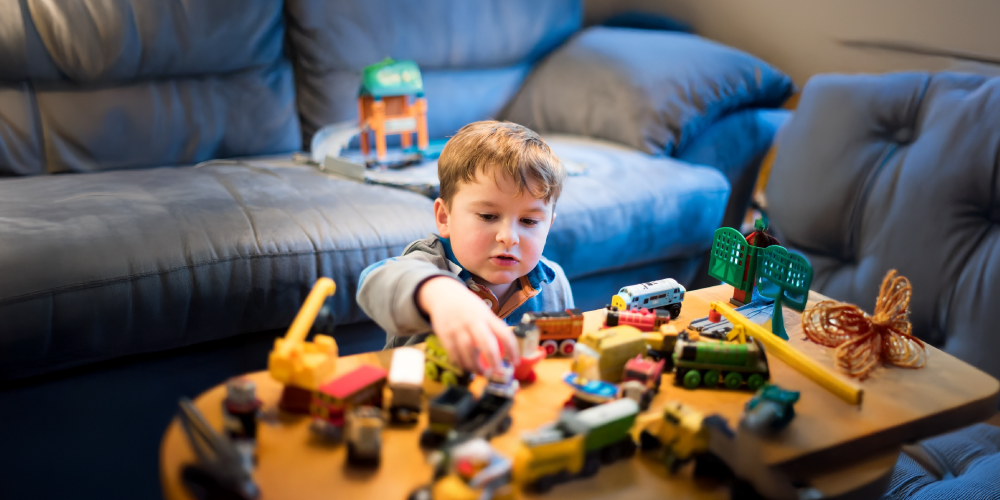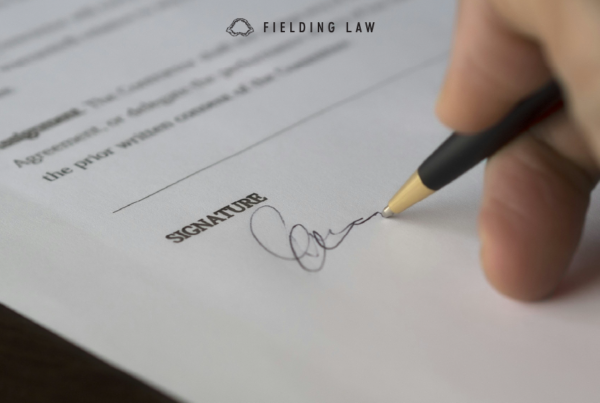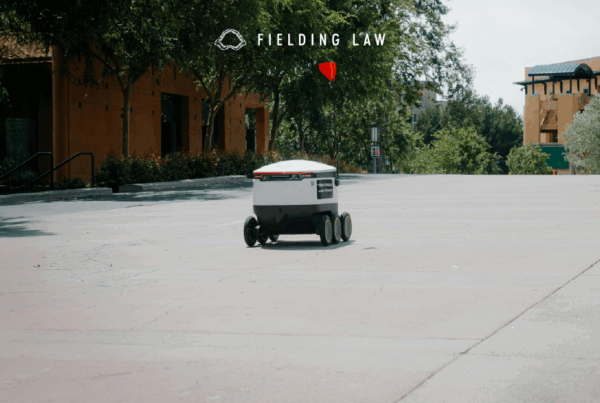Consumers trust that the products they purchase are safe to use. Unfortunately, some items contain dangerous defects that can lead to severe injuries. When this happens, determining liability is important. Who is responsible for defective products? The answer depends on the type of defect and the parties involved. Was it the manufacturer, the distributor, or the retailer? It is important to hold the correct party accountable with knowledge and thorough investigation.
Types of Product Defects
Product defects fall into design, manufacturing, or marketing. Understanding the difference can help determine who is responsible if you or a loved one gets hurt.
A design defect can be unsafe from the start because of a flawed design. For example, vehicles prone to rollovers, unstable furniture, and faulty medical devices.
Manufacturing defects occur when mistakes are made during production. Even a product with a safe design can be dangerous if errors occur in assembly or materials. Poor quality control can put you at serious risk.
When a marketing defect occurs, it typically indicates that companies failed to provide proper warnings or instructions. Medications without side effect warnings or toys missing age recommendations are common examples.
Here is a list of some common defective products in everyday items:
- Auto Parts
- Electronics
- Household Appliances
- Medical Devices
- Children’s Toys
- Food Products
Who Can Be Held Liable?
A defective product injury may involve several responsible parties. Manufacturers should be ensuring products are safe. When a design or production flaw causes harm, they can be held liable. Distributors and retailers can also play a significant role. They should keep the products safe and remove hazardous items from shelves. Identifying all parties involved helps build a stronger case, ensuring you can receive the justice you deserve.
What To Do After
- Seek Medical Attention: Your health should be your top priority. Even minor injuries should be evaluated by a healthcare professional. Be sure to track your medical treatments, bills, and expenses.
- Preserve the Product: Keep the defective product, including packaging and receipts. These may serve as important evidence for your case.
- Document the Incident: Record all details about the incident, from where the product was purchased to when the first injuries started.
- Report The Defective Product: Notify the responsible parties about the defect. Whether it was the manufacturer, retailer, or distributor, this creates a record of your complaint and alerts them.
- Contact Fielding Law: A defective product attorney can help guide you toward recovery. Call Fielding Law at 833.88.SHARK.
Seek Justice with Fielding Law
Defective product injuries can lead to lasting consequences, however, you do not have to face the aftermath alone. Who is responsible for defective products? Whether the issue stems from a design flaw, manufacturing error, or lack of proper warning, holding the responsible parties accountable can serve you a piece of justice.
Our team at Fielding Law is committed to helping and supporting victims through all types of personal injury cases. Reach out to us at 833.88.SHARK for a free, no-obligation consultation. Let us help you take the first steps toward securing your rights.
Note: Information provided is for educational purposes and does not constitute legal advice. Always consult with a qualified attorney for legal concerns.





